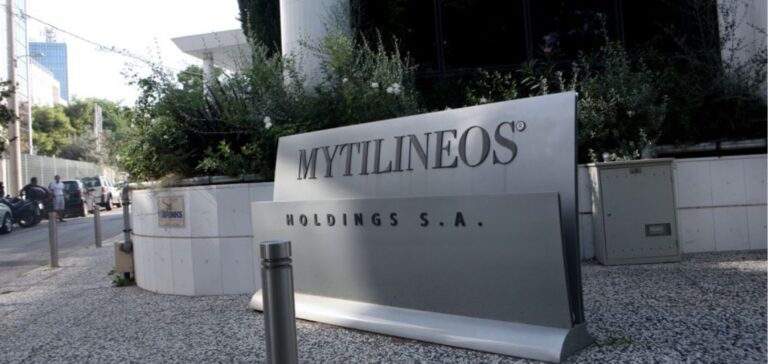In April 2024, an unprecedented event occurred in Greece: no imports of liquefied natural gas (LNG) were recorded, a first in five years. This marks a significant break with previous years, when the country imported between 34,000 and 336,000 metric tons monthly. This upward trend in imports was clearly reversed despite initial expectations to import at least three cargoes, as planned by Desfa in its annual LNG unloading program for economic reasons, regional prices making the option unprofitable. However, successive revisions of this plan led to a drastic reduction and ultimately to the total cancellation of planned shipments.
Cargo Cancellation Dynamics
The context of cancellations reveals prudent management in the face of a difficult market environment. Initially, Mytilineos was scheduled to import 1 TWh of LNG on April 6, followed by 0.5 TWh from Kolmar on April 12 and another 1 TWh from MET on April 22. However, in a later revision, the Kolmar slots were replaced by Mytilineos, and the April 22 shipment was cancelled. In the latest revisions, the volumes scheduled for April 6 and 12 were reduced to 0.02 TWh each, before these cargoes were also cancelled. Penalties for these cancellations, applicable if they occur between 45 days and the delivery date, can reach between 5% and 20% of the cargo size, demonstrating the substantial costs associated with market fluctuations. In contrast to the photovoltaic market, the market is in constant decline.
The Growing Role of Pipeline Gas
The fall in LNG imports coincides with a growing dependence on pipeline gas, which has become a more economically viable alternative. Pipeline gas, mainly supplied by the Trans Adriatic Pipeline (TAP) and imports from Italy, offers a significant cost-efficiency advantage, especially when compared with high LNG prices on the spot market. Pipeline gas suppliers offer competitive tariffs, often with discounts to the Dutch gas hub TTF, which makes them more attractive to LNG, particularly in the off-peak season when demand is lower.
Regional Outlook and Market Reactions
Analysts note that this situation in Greece could signal a wider shift in regional preferences for energy sources, potentially influencing market dynamics throughout Southeast Europe. The reactions of other market players, particularly in Italy and Egypt, where new demand for LNG has emerged, are also worth watching. The competitiveness of pipeline gas and adjustments to LNG import strategies in these countries could reveal new trends for the European energy industry in the years ahead.
The recession in LNG imports to Greece in April 2024 serves as a striking example of how price fluctuations and more economical alternatives can radically influence national energy strategies. This phenomenon offers a crucial perspective on the resilience and adaptability of energy infrastructures in a volatile market context, and highlights the challenges and opportunities for Greece and the region as a whole.






















